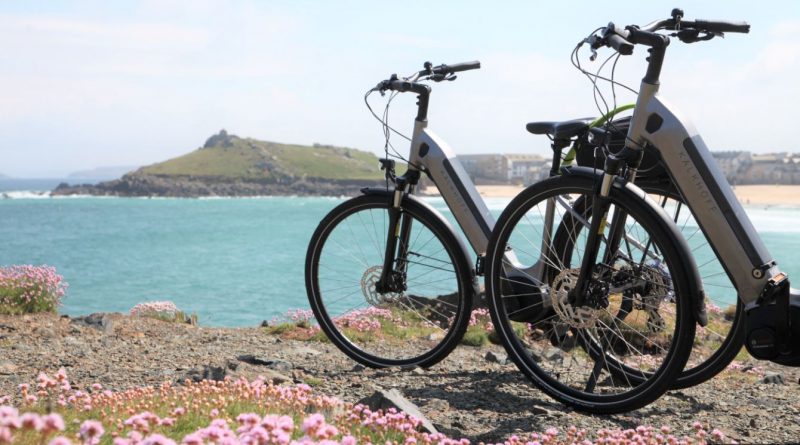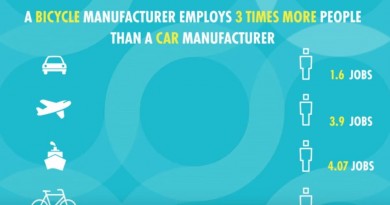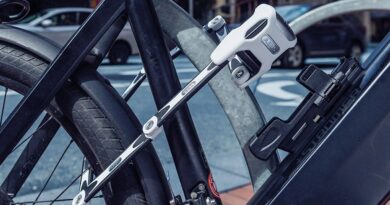Deloitte eMobility study puts eBikes out ahead in EV race
A research paper by global financial advisory firm Deloitte has put eBikes out in front as the consumer’s preferred EV choice as transport habits shift.
The paper – Consumer Sector Briefing, E-Bikes are charged up – is one of many sector briefings the firm conducts to advise its clients and in its May consumer survey (1,008 German respondents) it found that eBikes were the most frequently used electric means of transportation. 18% of respondents already used an electric bike, versus 7% an electric car and 7% an electric scooter.
What’s more, in surveying the same audience, the research finds that consumer perception of eBikes as a viable transportation means is the strongest in the category. Asked to rate from 1 (very unattractive) to 4 (very attractive), the average value score for the electric bike was 2.7, higher than the eCar’s 2.6 and electric moped, motorbike and eScooters’ 2.2.
The same consumer survey, while also building in broader market sales data, also seeks to understand what’s driving the consumer interest in EV products and there are key differences evident between the three leading formats; electric bikes and scooters are seen to have higher practicability than electric cars at 62% and 68% of responses, respectively, versus the cars’ 43%.
That may very well be telling of some of the headwinds motoring faces that are just insurmountable in cities, namely congestion and use of space. Property developers, after all, are increasingly in favour of bikes, versus giving over space to cars.
A perception of sustainability was the main driver of electric car ambition at 63%, while for the electric bike that sat behind ‘alternative vehicle (to cars)’ (46%) and the perception of practicability. For the bike ‘fun’# ranked 37%, versus 18% for the car indicating that the research pool is perhaps enjoying the benefits of beating the traffic.
Other factors in favour of the eBike over other types of EV were the ability to use as sports equipment at 22% and aesthetics at 11%.
Year-on-year data would be a useful tool later on in the report, where it shows that as it stands 29% are using the electric bike as commuter transportation, but more than double (65%) chose the car.
The balance in favour of the electric bike tended to come where everyday errands were concerned and in particular recreation; perhaps suggesting that there remains a perception that the car would be faster or more convenient for work purposes. 53% used an eBike for everyday errands and 67% for recreation, versus 68% and 29%, respectively for the car. All things considered, the bicycle is very often the fastest way to move in the urban space.
Under a subhead about use of electric bikes for longer trips, a subject addressed just recently here on CI.N on the back of Active Travel Academy research, the report writes “e-bikes are occasionally also used for longer rides: The top quartile exceeds 30 kilometers per trip.”
It is of course unsurprising that cars dominate the longer journey metrics at a median of 25 kilometres, but eBikes are not so far behind at 15km, while the eScooter median is 5km.
Referencing ZIV German market data, the paper to clients reminds that the Covid pandemic has accelerated some transport shifts. eBike sales rose from 1.36 million in 2019 to 1.95 million in 2020 and 2 million in 2021 (even with supply issues). Ebikes were therefore 43% of all bike sales in Germany last year and that figure is likely to grow further as the EV trends develop.
The study concludes: “the potential of corporate bike leasing and better e-bike availability after recent supply problems could drive ebike sales figures in Germany even further. Thus, e-bikes could extend their lead in the short and medium term due to their current advantages over e-cars and e-scooters.



